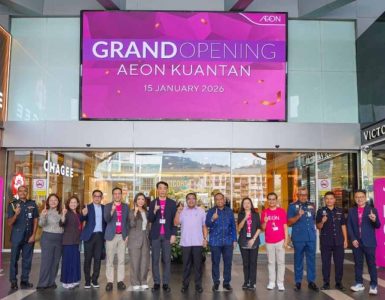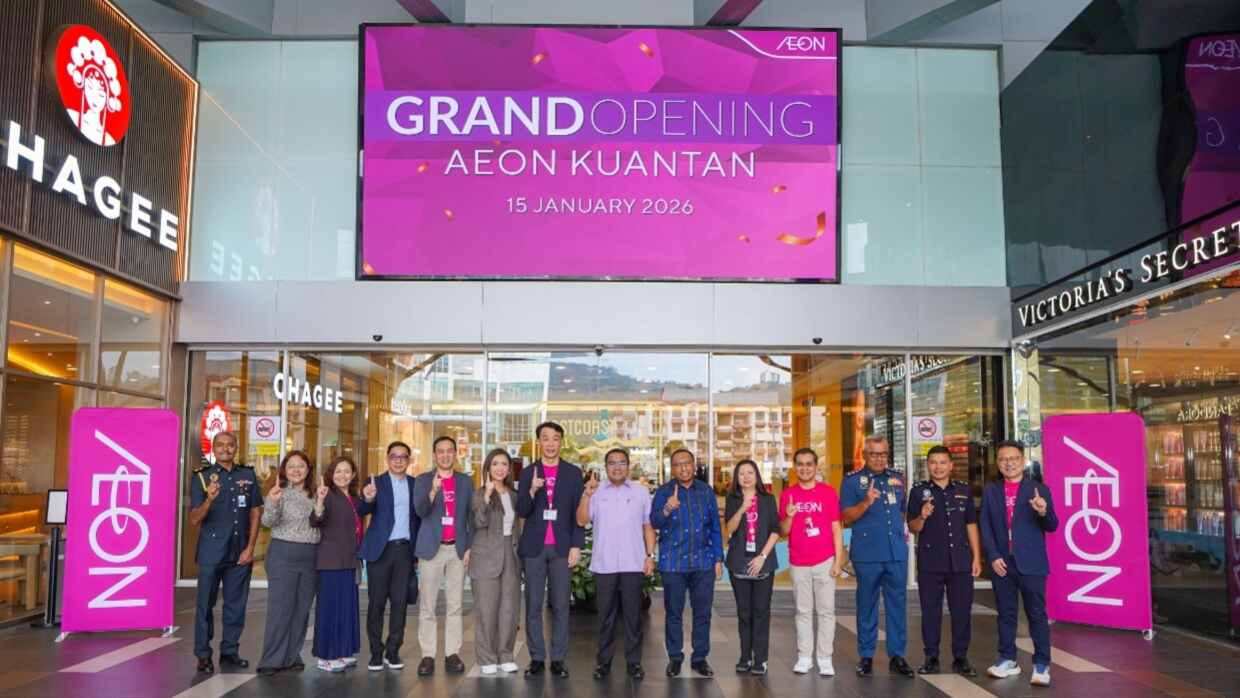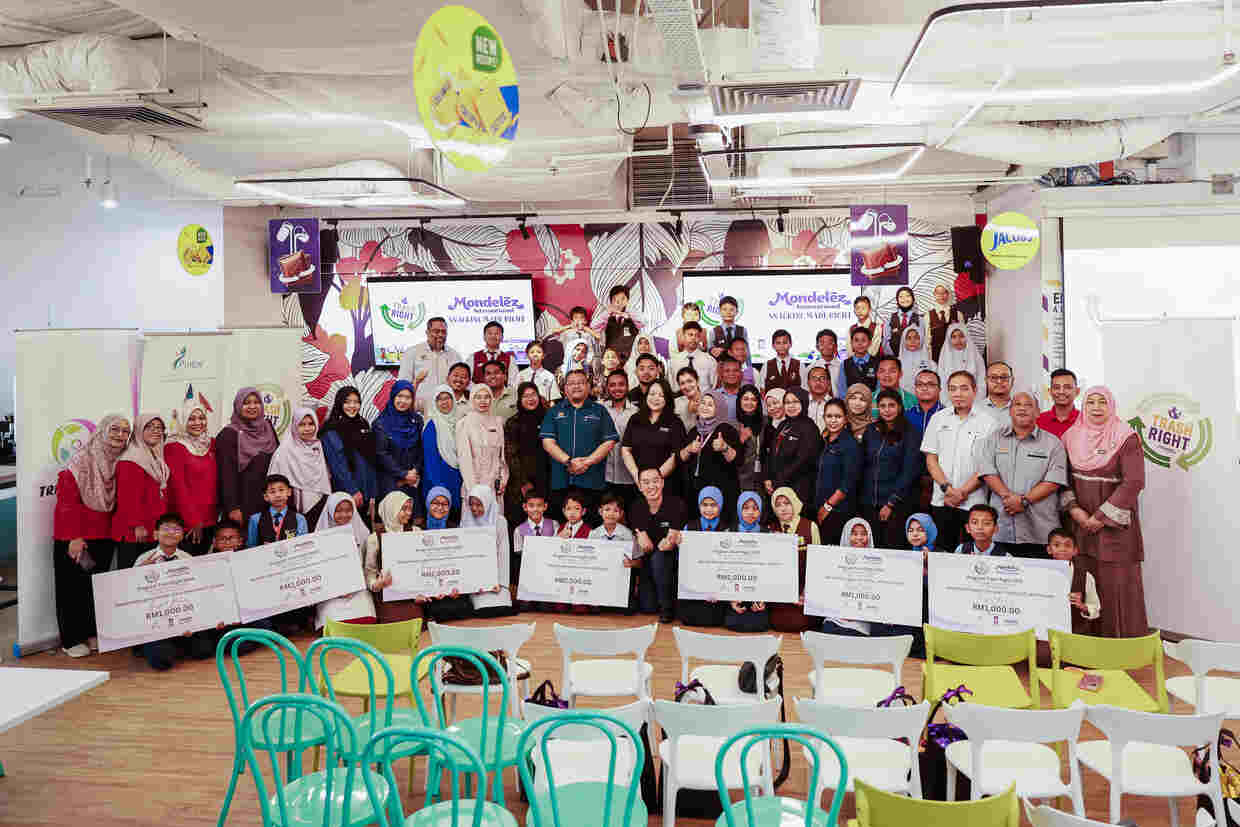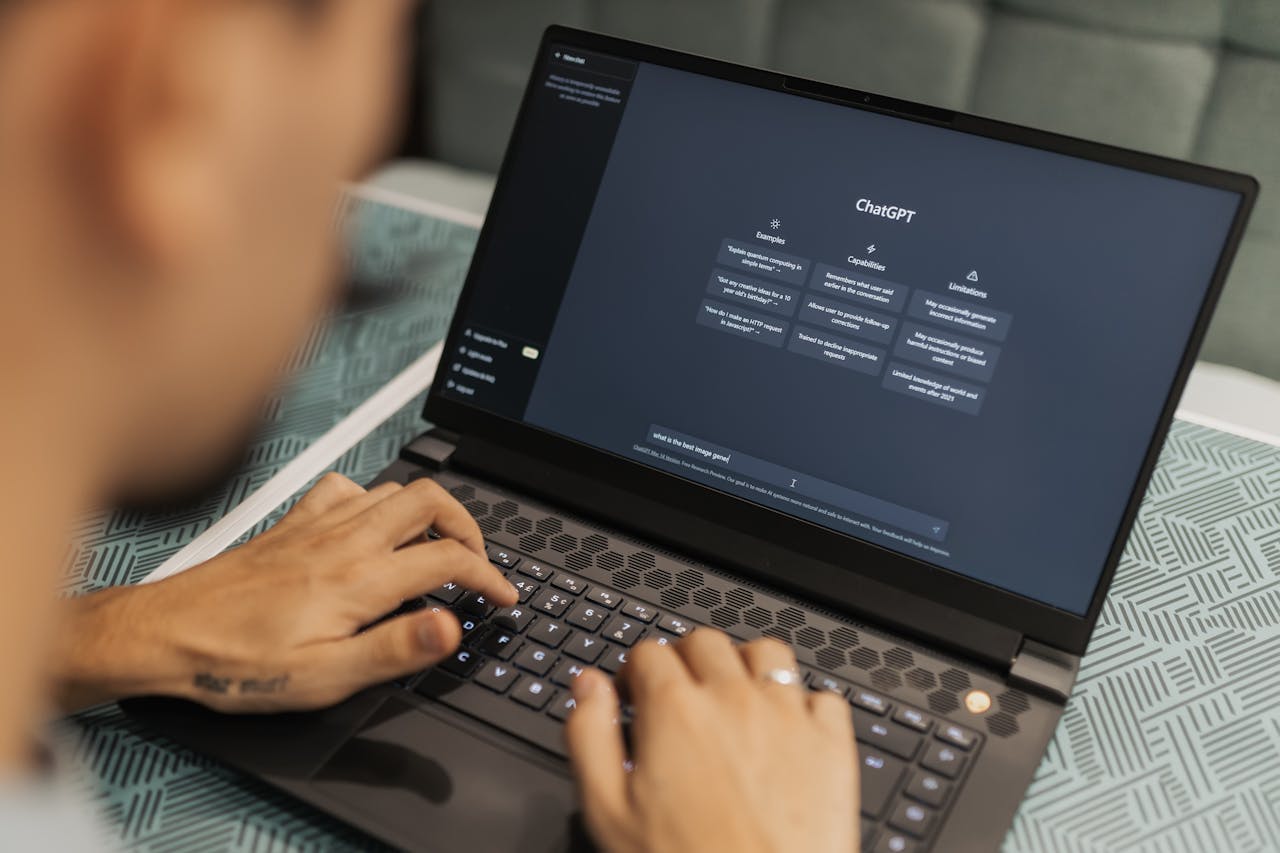A briefing session to create public awareness on the adverse impact of the RAPID (Refinery and Petrolchemical Integrated Development) project was held in Pengerang, a small fishing village situated at the south eastern part of Johor, here, recently.
The public session was organised by Johor Parti Keadilan Rakyat (PKR).
PKR Johor State Deputy Chairman, Hassan Karim, a lawyer by profession, started off in explaining Article 13 of the federal constitution which guarantees the rights of Malaysians to own properties (house, car and land) which cannot be ‘confiscated’ at will by the government except through proper legal means.
Then he went on to elaborate Section 3 of the Land Acquisition Act 1960 which allows the government to acquire land needed for development specifically for public interest.
He added, even if the government invoke the said Act, the government will need to fulfill and comply strictly with the procedures as stipulated in the Land Acquisition Act 1960.
However, Hassan reiterated and said, the affected parties particularly land owners can have the legal recourse to challenge the forced acquisition in court if there is evident to proof that the forced land acquisition exercise is mala-fadie.
“The people are not against development but it should not be at the large expense of the people”, he said.
Hassan alleged that several UMNO cronies will benefit substantially from the RAPID project and he went on to named the cronies which include Kencana Petroleum Bhd, Dialog Group Berhad, Sapura Crest Petroleum Bhd and Tebrau Teguh Bhd.
He cited an example where Tebrau Teguh Bhd has been awarded a RM500 million negotiated contract to relocate the affected residents to distant location named Punggai.
Footnotes:
The Rapid (Refinery And Petrochemical Integrated Development) project is aimed at building something “larger than Kertih”, and will eventually include multinational oil and gas companies as joint-venture partners.
The integrated development will include oil refining and petrochemical activities, as well as a gas power plant and other “supportive industries” said sources.
The waters in Pengerang was found ideal, because it can reach depths of more than 20m, a requirement for very large crude carriers (VLCC) and ultra large crude carriers.
The terminal will be a tankage facility for handling, storing, blending and distribution of crude oils and petroleum products with marine facilities capable of handling VLCCs.
Last November, the Government said Petronas would play a major role in the development of Johor’s south-east areas of Teluk Ramunia and Pengerang into an O&G hub in the region.











